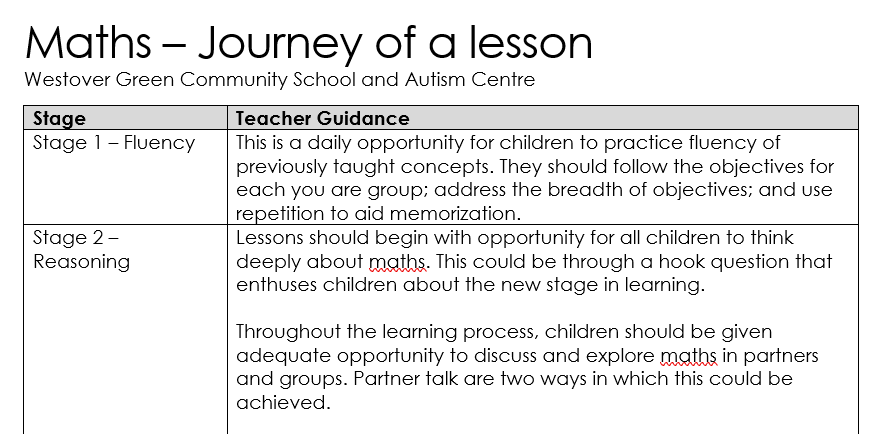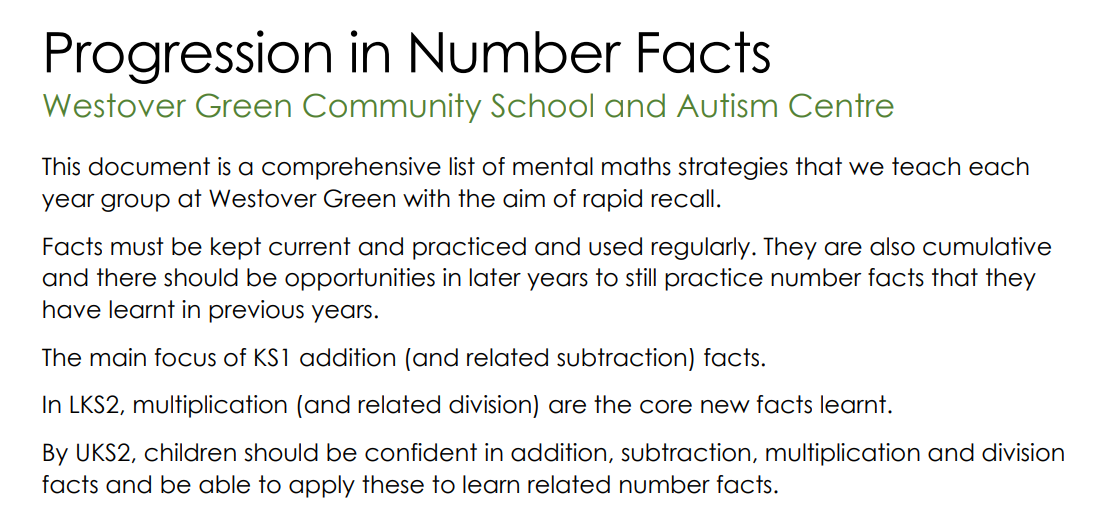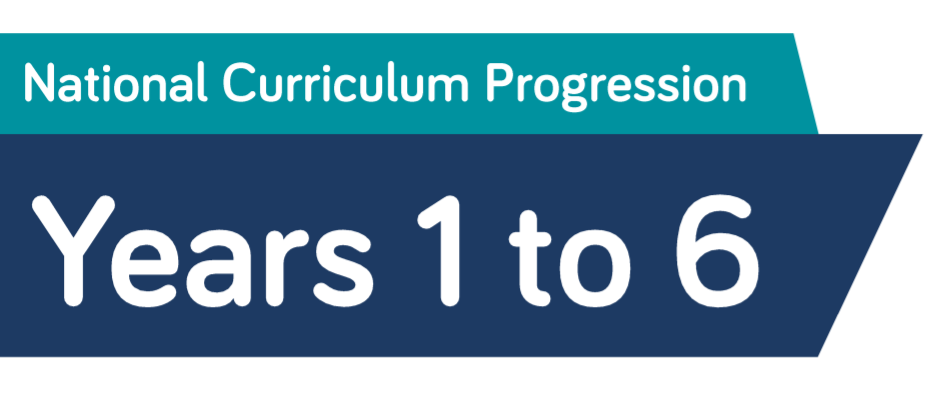Mathematics
At Westover Green, we believe that every child can achieve and be successful in mathematics. As teachers, our job is to facilitate just this.
Following the aims of the national curriculum, we want our children to become:
- Fluent in the fundamentals of mathematics
- Reason mathematically by following a line of enquiry
- Problem solvers by applying their mathematics to a variety of routine and non-routine problems
Primary National Curriculum for Mathematics
Small Steps Teaching and Learning
Every child can be successful in maths; we believe that this is achieved by breaking down the learning into small, managable steps alongside expert teacher modelling.
The small steps overview of objectives can be found for each year group on the following link: https://whiterosemaths.com/, which is used to inform the planning, teaching and learning within lessons, as well as drawing on other relevant resources to develop fluency, reasoning and problem solving within each objective.
Early Years Foundation Stage currently follow the ‘Numbers and Patterns’ scheme, alongside resources from the NCETM.
Please click below to view the National Curriculum objectives linked to each small step.
Teacher Modelling
This year, we have implemented teacher modelling as a focus of our maths teaching at Westover Green. Adopting an approach from one of our academy link schools, each small step will have: 'teacher turn', where the teacher expertly models a process or way of working and verbalises their thinking; 'our turn', where children work together with scaffolded support from the teacher; 'hinge question', to assess understanding; and independent tasks under 'my turn' and 'deepening', where opportunity is provided to practice the skill, achieve the objective and deepen understanding through a variety of reasoning and problem solving tasks. Please see link below for a more detailed version of a maths lesson journey.

Developing Number Fluency
Developing number fluency skills has been a particular drive after the impact the national lockdowns have had on retention of these facts. We follow the number progression document (see below) and have regular opportunities for awarding achievement in number fluency.
In EYFS, Year 1 and Year 2, children complete the NCETM Mastering Number Programme. For more information about the programme, please visit the NCETM website. Mastering Number aims to secure firm foundations in the development of good number sense for all children from Reception through to Year 1 and Year 2. Pupils have 4 x 20 minute lessons per week of direct teaching, supported with pre-prepared resources and visual aids.
Years 3 and 4 complete the Ashley Down's times table booklets. This is a daily opportunity to pracitise and learn their times tables in preparation for the Year 4 Multiplication Tables Check (MTC). Here is an example of one of the booklets.
Years 5 and 6, pupils complete a daily Fluency Focus session. In each session, pupils complete 5 arithmeitc style questions that require a mixture of mental calculation and formal written method. As well as this forming preparation for their Year 6 arithmetic SATs paper, it provides pupils with many opportunities to develop the foundations of maths they need to access the rest of the curriculum in maths and beyond.

Calculation
To compliment the White Rose Hub teaching progression, we also follow the calculation policy across the school set out by White Rose:
Addition and Subtraction Calculation Policy
Multiplication and Division Calculation Policy
Mathematical language and vocabulary
As part of a current whole school focus, vocabulary is at the heart of what we do at Westover. In order to gain knowledge and understanding in the subject, we believe it is paramount that children are exposed to and use range of vocabulary to drive their learning. Mathematics carries a huge bank of vocabulary, which we are putting an increasing emphasis on.
Vocabulary progression across the school
Outdoor learning in maths
A recent development in mathematics is the use of our valued outdoor spaces. The maths lead and outdoor learning lead are both currently working together to come up with new ways of learning outdoors that will enable children to visualise concepts and immerse themselves into experiences to enhance their learning. As stated in the National Curriculum for mathematics, maths is a highly inter-connected discipline. By providing high quality experiences for children, we hope to provide a foundation for understanding the world we live in; the ability to reason mathematically, across all subjects; an appreciation of the beauty and power of mathematics; and a sense of enjoyment and curiosity about the subject.

